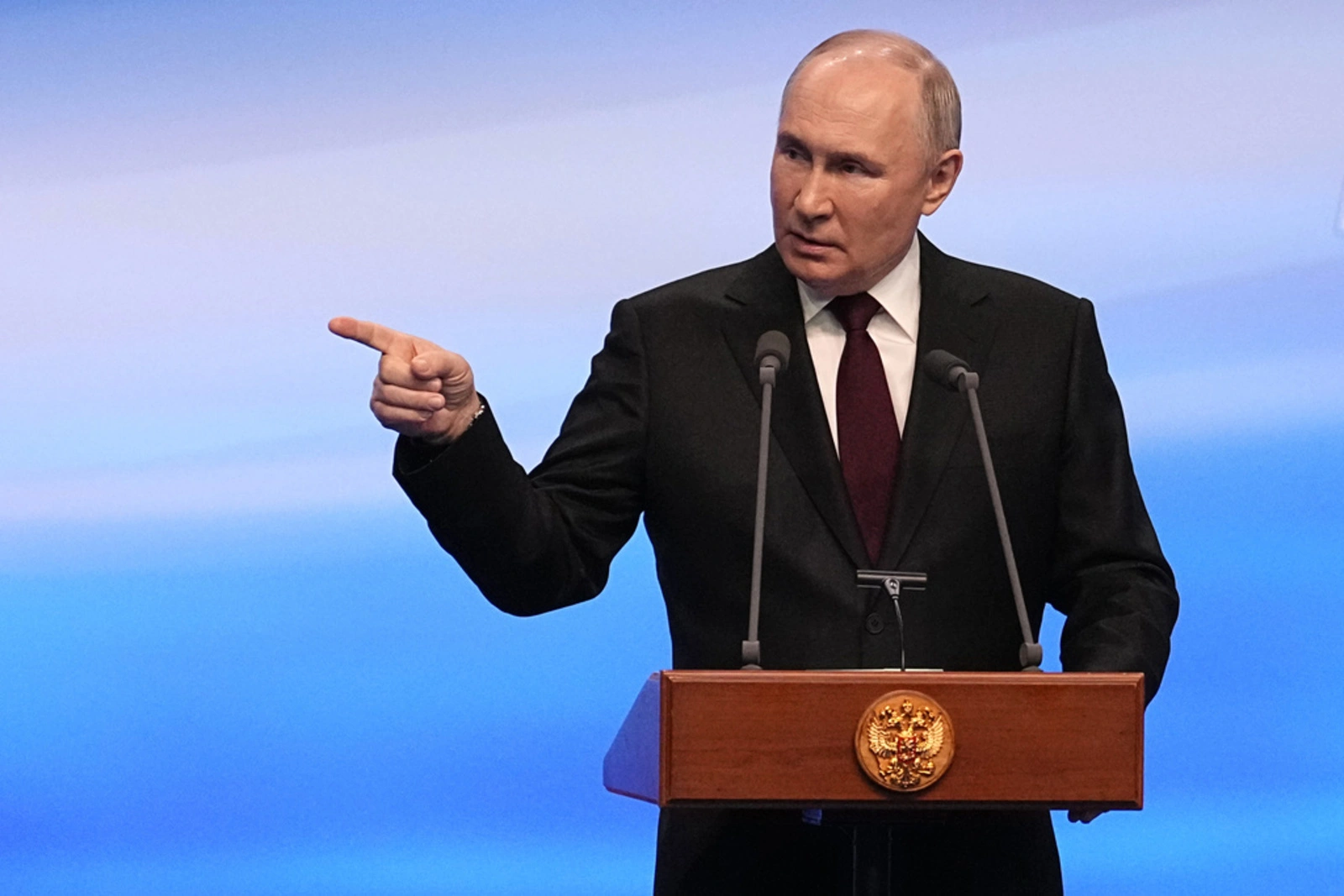In the recent Russian presidential elections, Vladimir Putin achieved a resounding victory, garnering 87.17% of the votes after 70% of the electoral protocols were processed, according to Russia’s TASS news agency citing the Central Election Commission of the Russian Federation. The Communist Party’s Nikolai Kharitonov emerged second with 4.1% of the votes, followed closely by New People Party’s Vladislav Davankov with 4.8%.
Leonid Slutsky, representing the Liberal Democratic Party of Russia (LDPR), received 3.15% of the votes. This election, which uniquely spanned over three days from March 15-17, witnessed a high voter turnout of 74.22%, a significant increase from 2018’s 67.54%.
Putin’s vote share exceeded his 2018 performance, where he secured 76.69% of the votes. The electoral showing for his competitors also marked a decrease compared to Putin’s previous challengers in 2018, where Communist Party candidate Pavel Grudinin received 11.77% and LDPR’s Vladimir Zhirinovsky got 5.65% of the votes.
The 2024 election saw the introduction of remote electronic voting across Russia, with a notable 94% turnout on the federal platform, translating to 4.4 million online votes. Moscow alone issued nearly 3.7 million electronic ballots. In these remote votes, Putin led with 87.41%, followed by Davankov with 6.28%.
Putin also enjoyed overwhelming support in Moscow with 89.1% of the votes, and significant victories in regions such as Donbas, Novorossiya, and parts of Ukraine like Kherson, Luhansk, Zaporizhzhia, and Donetsk, highlighting his widespread backing.
Upon his victory, Putin expressed his gratitude to his campaign team and emphasized the need for Russia to grow “even stronger and more effective.” He acknowledged the support from Russians, including those involved in military operations against Ukraine, and outlined goals for his new term focusing on enhancing the Northern Military District and bolstering national defense capabilities.
Observers from the Communist Party reported no serious electoral violations, a sentiment echoed by Slutsky, who noted only minor issues. Davankov expressed satisfaction with his second-place finish in remote electronic voting.
This victory marks Putin’s fourth term as President, having been first elected in 2000, with subsequent terms in 2004, 2012, and 2018, solidifying his long-standing leadership in Russia.



